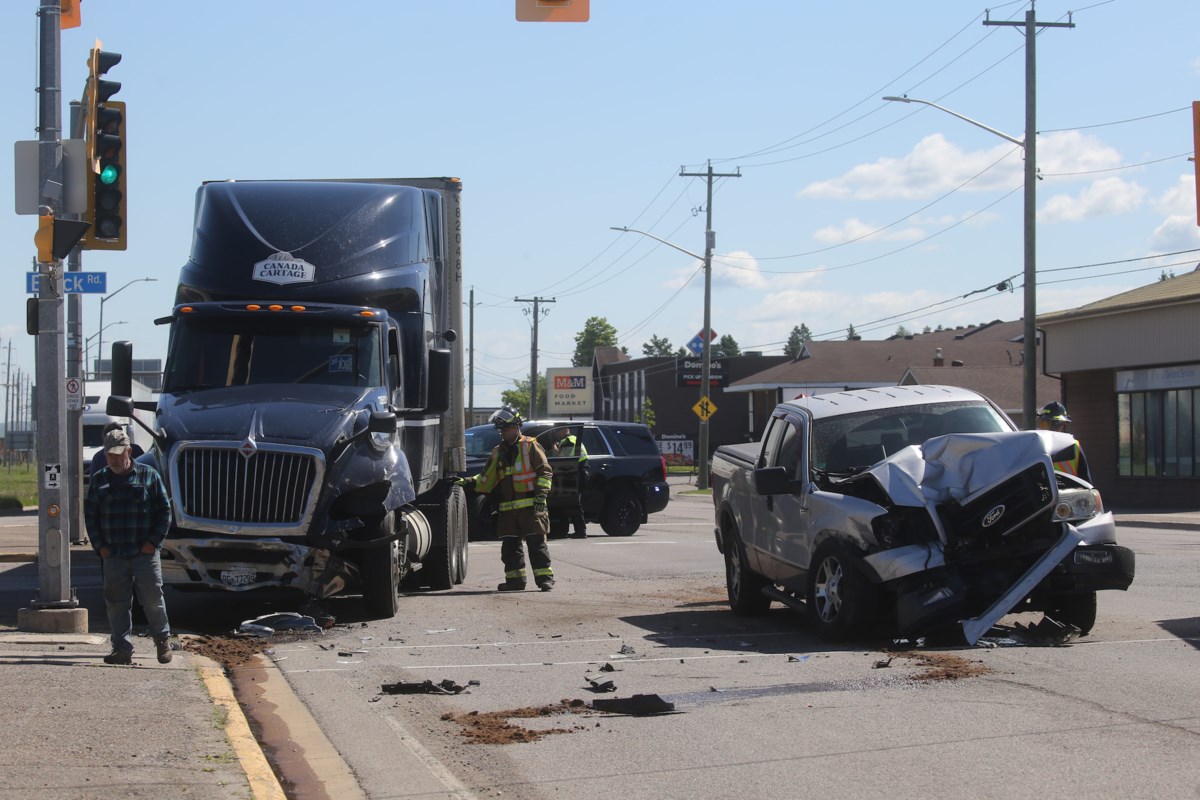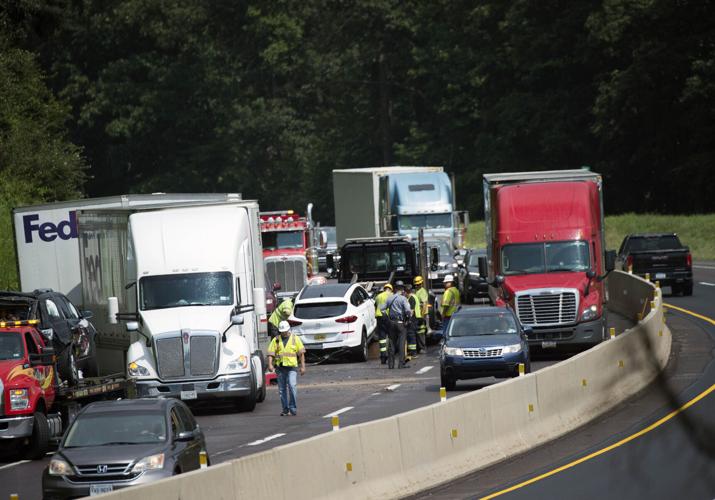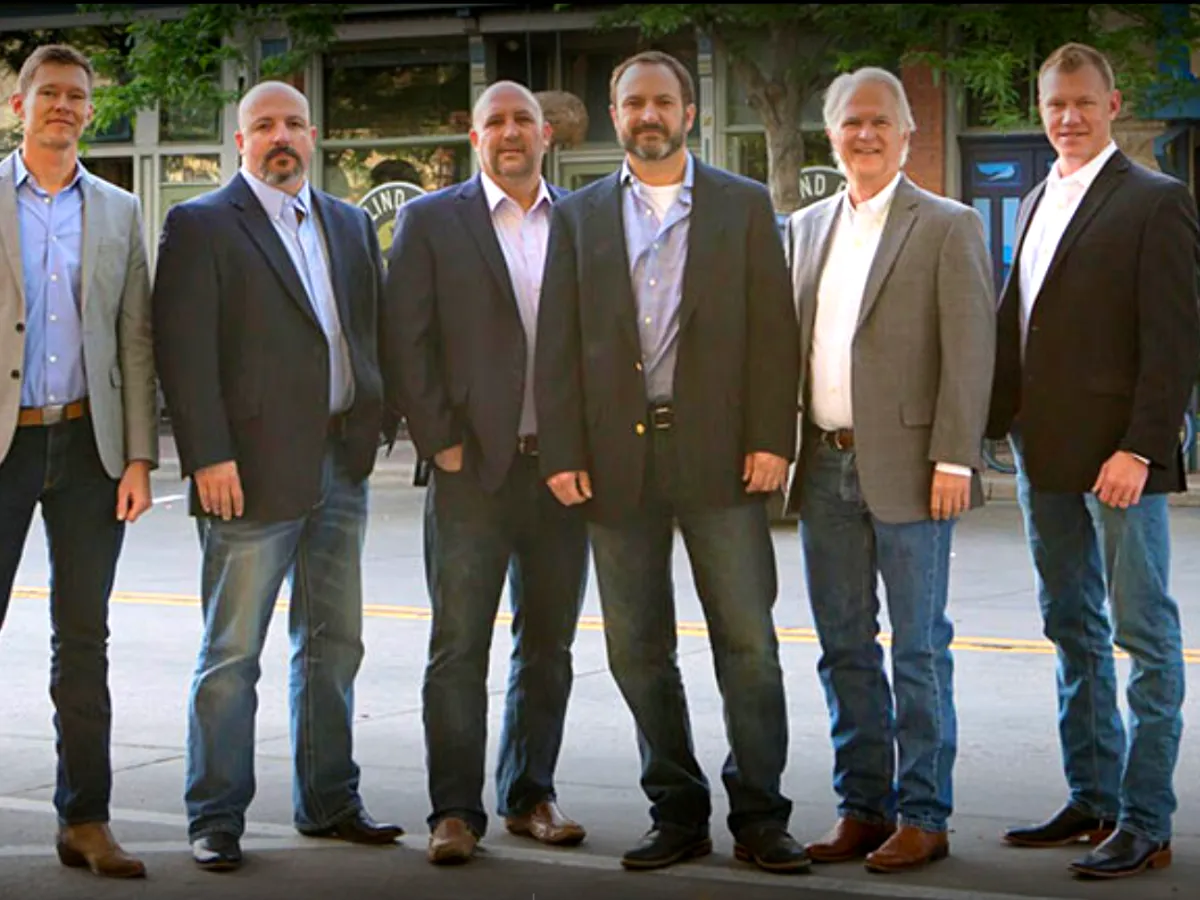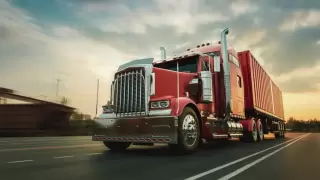In the world of truck accident lawsuits, seeking punitive damages can be tough. Unlike regular damages, which are meant to help the victim recover, punitive damages are designed to punish bad behavior and stop it from happening again. For truck accident cases, getting these damages from a trucking company means meeting strict legal standards. Here’s a look at when a truck accident victim might be able to get punitive damages.
Gross Negligence or Reckless Conduct
To qualify for punitive damages, the victim must prove that the truck company’s actions were worse than normal negligence and were grossly negligent or reckless. This means showing that the company acted with extreme carelessness or a disregard for safety. Here are some situations that could meet this requirement:
•
Repeated Safety Violations: If the trucking company regularly breaks safety rules, like the Hours of Service (HOS) regulations, or ignores maintenance requirements, this can be seen as gross negligence. For example, drivers might be forced to drive longer hours without rest, increasing the risk of accidents. Ignoring regular truck maintenance can lead to mechanical failures, putting everyone on the road at risk.
•
Hiring Unqualified Drivers: Employing drivers without the necessary qualifications, proper training, or with a history of safety violations could be considered reckless. This can result in drivers who are not prepared to handle

large trucks safely. These drivers might not know how to respond to emergencies or how to operate the truck's advanced safety features.
•
Encouraging Dangerous Practices: If the company allows or encourages dangerous driving practices, such as speeding or driving while tired, it might support a claim for punitive damages.
Intentional Misconduct
Punitive damages can also be awarded if the trucking company’s actions were intentional and malicious. This means proving that the company acted with an intent to harm or with a conscious disregard for the safety of others. Examples include:
•
Tampering with Evidence: If the company destroys or alters evidence, such as maintenance records or data from electronic logging devices (ELDs), to hide wrongdoing, it can be considered intentional misconduct.
•
Fraudulent Practices: Engaging in fraudulent activities, like falsifying safety inspection reports or driver qualification records, can also warrant punitive damages.
Willful and Wanton Conduct
Willful and wanton conduct involves actions taken with a reckless disregard for the consequences and indifference to the safety of others. This means the company knew their actions could cause harm but did it anyway. Examples include:
•
Ignoring Known Hazards: If the company is aware of specific safety hazards, such as defective equipment or dangerous driving conditions, and ignores them, this could qualify as willful and wanton conduct.
•
Neglecting Driver Issues: Failing to address known issues with a driver, such as substance abuse or reckless driving, could support a claim for punitive damages.
Building a Strong Case
Successfully obtaining punitive damages requires providing clear and

convincing evidence of gross negligence, intentional misconduct, or willful and wanton conduct. This involves several steps:
•
Gathering Extensive Evidence: Detailed evidence, such as maintenance records, driver logs, internal company communications, and witness testimony, is crucial to building a strong case.
•
Expert Testimony: Expert witnesses, like accident reconstruction specialists and safety regulation experts, provide critical insights and support the victim’s claims.
•
Legal Expertise: Navigating the complexities of punitive damages claims requires experienced legal representation.
An attorney who understands trucking regulations and the legal standards for punitive damages can effectively advocate for the victim’s rights.
Insurance Companies and Truck Accident Claims
Insurance companies handle truck accident claims differently from car accident claims due to the higher stakes involved. Here’s how:
1. Higher Policy Limits: Trucking companies usually carry higher insurance policy limits compared to individual car drivers, meaning more substantial potential payouts.
2. Specialized Adjusters and Investigators: Insurers assign specialized adjusters and investigators who know a lot about trucking regulations and accident reconstruction. These professionals are skilled at identifying ways to reduce the insurer's liability.
3. Quick Response Teams: Insurance companies often deploy rapid response teams to the accident scene. These teams work to gather evidence, interview witnesses, and protect the company’s interests as soon as possible.
4. Intensive Scrutiny of Claims: Insurance companies carefully examine truck accident claims and often question the severity of the injuries and damages claimed by the victims. They may also investigate the victim’s background to find any potential factors that could mitigate their liability.
5. Negotiation Tactics: Given the high stakes, insurance companies often use aggressive negotiation tactics to pressure victims into accepting lower settlements. They may delay proceedings or use legal technicalities to their advantage.
Importance of Legal Representation
Given the complexity and high stakes of truck accident cases, it’s crucial for victims to seek experienced legal representation. An
attorney specializing in truck accidents can help navigate the legal process, gather necessary

evidence, and advocate for the victim’s rights. They can also help counter the aggressive tactics often used by insurance companies to minimize payouts.
Conclusion
Truck accident cases are more complex and demanding than car accident cases because of the special rules, multiple responsible parties, and serious injuries involved. Insurance companies also make these cases tougher with their specialized teams and aggressive tactics.
If you or a loved one has been involved in a truck accident, it's important to get help from an
experienced truck accident lawyer to protect your rights and ensure you receive the
compensation you deserve. An experienced attorney can make all the difference in building a strong case, navigating the complexities of the legal system, and achieving a fair outcome.
In summary, obtaining punitive damages in truck accident cases is challenging but possible under the right circumstances. By demonstrating gross negligence, intentional misconduct, or willful and wanton conduct, victims can not only seek compensation for their injuries but also hold trucking companies accountable for their actions. Consulting with an
experienced truck accident attorney is essential for victims to explore all available legal avenues and pursue the justice they deserve.



 large trucks safely. These drivers might not know how to respond to emergencies or how to operate the truck's advanced safety features.
large trucks safely. These drivers might not know how to respond to emergencies or how to operate the truck's advanced safety features. convincing evidence of gross negligence, intentional misconduct, or willful and wanton conduct. This involves several steps:
convincing evidence of gross negligence, intentional misconduct, or willful and wanton conduct. This involves several steps: evidence, and advocate for the victim’s rights. They can also help counter the aggressive tactics often used by insurance companies to minimize payouts.
evidence, and advocate for the victim’s rights. They can also help counter the aggressive tactics often used by insurance companies to minimize payouts.

